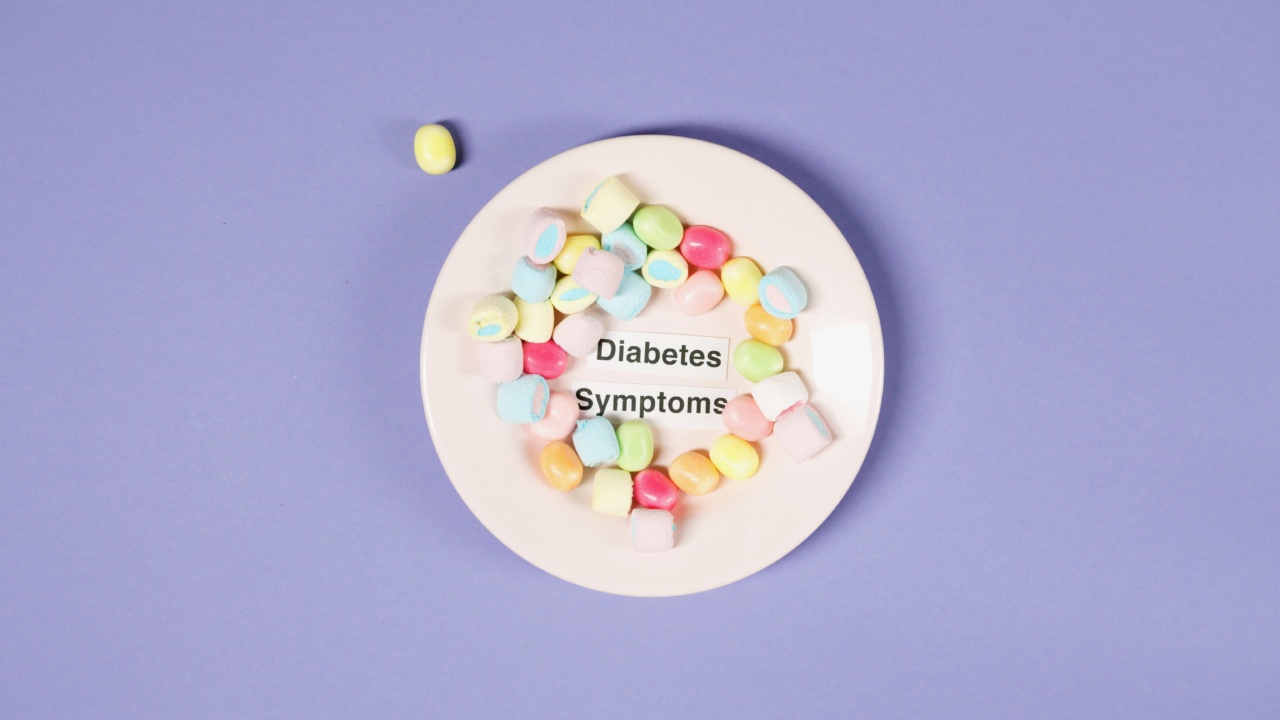Endometriosis is a chronic condition that affects many women worldwide. It occurs when the tissue similar to the lining of the uterus grows outside the womb, leading to pain and inflammation.
While treatment options for endometriosis may include surgery and medication, adopting a healthy diet can also play a significant role in managing symptoms. In this article, we will explore a diet guide specifically designed for women with endometriosis.
1. Eat a Balanced Diet
A balanced diet is crucial for overall health, including managing endometriosis symptoms. Aim to include a variety of foods from all food groups such as:.
- Fruits and vegetables: These are rich in vitamins, minerals, and antioxidants that can help reduce inflammation.
- Whole grains: Opt for whole grains like brown rice, quinoa, and whole wheat bread for added fiber and nutrients.
- Lean proteins: Incorporate lean protein sources such as fish, chicken, tofu, and legumes into your meals.
- Healthy fats: Include sources of healthy fats like avocados, olive oil, nuts, and seeds in your diet.
- Dairy or dairy alternatives: Choose low-fat dairy products or non-dairy alternatives like almond milk or soy milk.
2. Increase Consumption of Anti-Inflammatory Foods
Endometriosis is characterized by inflammation in the body. By incorporating more anti-inflammatory foods into your diet, you can potentially reduce inflammation and alleviate symptoms. Some examples of anti-inflammatory foods include:.
- Fatty fish: Salmon, mackerel, and sardines are rich in omega-3 fatty acids, which have anti-inflammatory properties.
- Turmeric: This spice contains curcumin, known for its anti-inflammatory effects. Add turmeric to your dishes or try turmeric supplements.
- Berries: Blueberries, strawberries, and raspberries are packed with antioxidants that aid in reducing inflammation.
- Leafy greens: Spinach, kale, and Swiss chard are excellent sources of vitamins and minerals that combat inflammation.
- Ginger: Known for its medicinal properties, ginger possesses anti-inflammatory and pain-relieving qualities.
3. Avoid Trigger Foods
While certain foods can help manage endometriosis symptoms, others can trigger inflammation and worsen your condition. It’s essential to identify and avoid these trigger foods. Common trigger foods for endometriosis include:.
- Processed foods: These are usually high in trans fats, which promote inflammation.
- Red meat: Limit your consumption of red meat, which contains saturated fats that may exacerbate symptoms.
- Gluten: Some women with endometriosis find relief by reducing or eliminating gluten from their diet.
- Dairy products: Full-fat dairy products may contribute to inflammation. Opt for low-fat options or dairy alternatives.
- Added sugars: High sugar intake can increase inflammation levels. Avoid sugary beverages, candies, and processed desserts.
4. Incorporate Fiber-Rich Foods
Consuming an adequate amount of fiber can help regulate bowel movements and reduce estrogen levels, as excess estrogen may worsen endometriosis symptoms. Include the following fiber-rich foods in your diet:.
- Legumes: Lentils, chickpeas, and black beans are excellent sources of fiber and protein.
- Whole grains: Opt for whole grain products like oats, brown rice, and quinoa for added fiber.
- Fruits and vegetables: These are not only rich in fiber but also contain essential vitamins and minerals.
- Chia seeds: These tiny seeds are packed with fiber and can be added to smoothies, yogurt, or oatmeal.
5. Stay Hydrated
Proper hydration is essential for managing endometriosis symptoms. Drinking an adequate amount of water helps flush out toxins, supports digestion, and prevents constipation.
Aim to drink at least 8-10 glasses of water per day or more if you lead an active lifestyle.
6. Consider Anti-Inflammatory Supplements
In addition to a healthy diet, certain supplements may help reduce inflammation and alleviate endometriosis symptoms. However, before adding any supplements to your routine, consult with your healthcare provider.
Some potential supplements to consider include:.
- Omega-3 fatty acids: Fish oil supplements provide a concentrated dose of omega-3s, which have anti-inflammatory effects.
- Curcumin: Curcumin supplements derived from turmeric can help reduce inflammation in the body.
- Probiotics: These supplements promote gut health and may have anti-inflammatory benefits.
- Vitamin D: Many women with endometriosis have low vitamin D levels. Speak to your doctor about testing and potential supplementation.
7. Manage Weight and Exercise Regularly
Maintaining a healthy weight is crucial for managing endometriosis symptoms. Excess body fat produces estrogen, which can worsen symptoms.
Engaging in regular exercise not only helps with weight management but also reduces inflammation and improves overall well-being.
Choose exercises that you enjoy, such as walking, swimming, cycling, or yoga. Aim for at least 30 minutes of moderate exercise most days of the week.
8. Reduce Caffeine and Alcohol Intake
Both caffeine and alcohol can potentially trigger inflammation and intensify endometriosis symptoms. Limit your intake of caffeinated beverages like coffee, tea, and energy drinks.
Similarly, alcohol consumption should be moderated or avoided to help manage symptoms effectively.
9. Practice Stress Management Techniques
Stress can worsen endometriosis symptoms for many women. Incorporating stress management techniques into your daily routine can positively impact your overall well-being. Some effective stress-reducing practices include:.
- Meditation
- Deep breathing exercises
- Yoga or gentle stretching
- Journaling
- Spending time in nature
10. Seek Support and Consultation
Living with endometriosis can be challenging, both physically and emotionally. It is essential to seek support from loved ones, friends, or support groups to navigate through the difficulties.
Additionally, consult with your healthcare provider or a registered dietitian who specializes in endometriosis to develop a personalized diet plan tailored to your needs.































